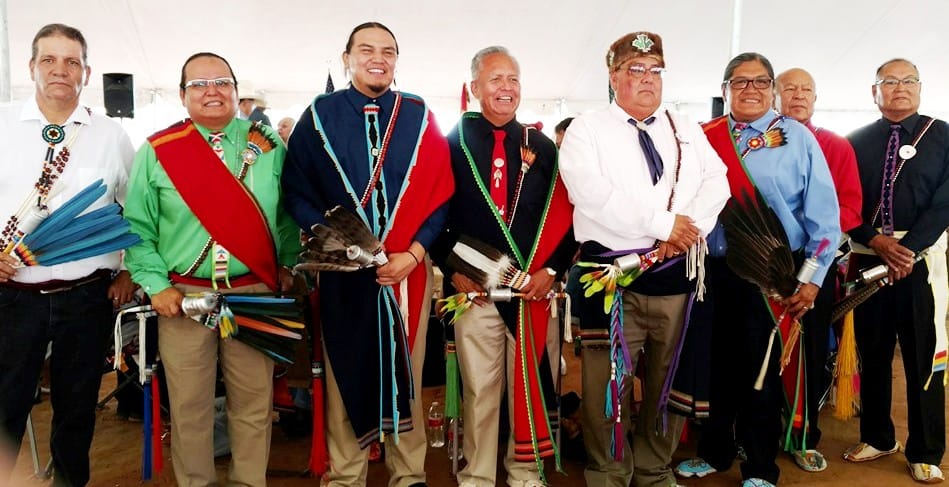

Oklahoma's Bacone College filing for bankruptcy, president vows to keep fighting
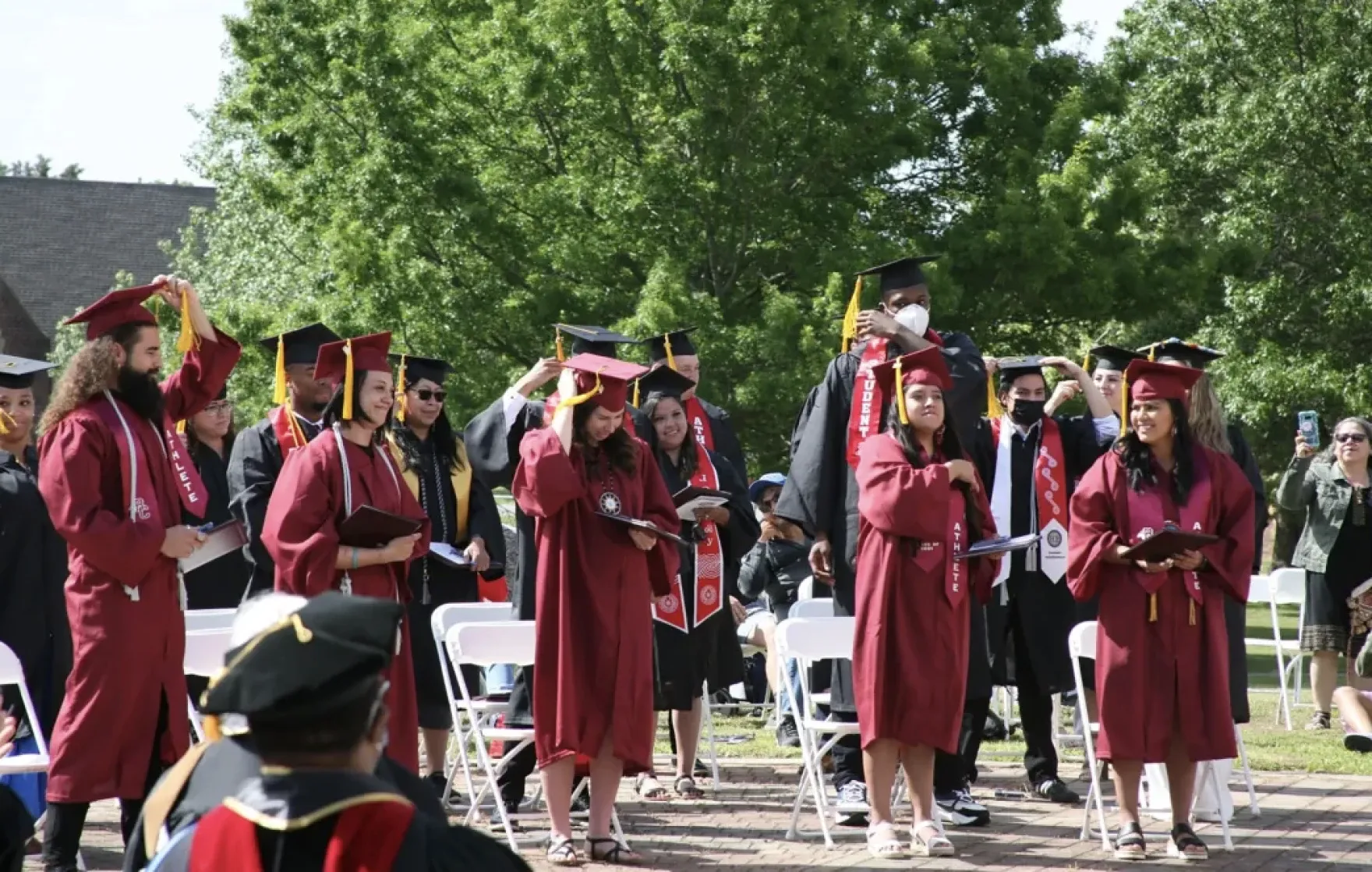
Bacone College in Muskogee is filing for bankruptcy.
By Katie Hallum
“Indian University,” now known as “Bacone College” was Oklahoma’s first higher education institution and America’s first Native college. It opened its doors in 1881 with three students in Muskogee. Over 100 years later, the college’s leaders are fighting to keep them.
After years of poor leadership and mishandled finances, the remaining board of trustees and brand new Interim President and Cherokee Nation citizen Leslie Hannah have filed for Chapter 11 bankruptcy.
Chapter 11 bankruptcy allows entities to “pause” their debts to reorganize finances by a certain deadline. Bacone has until July 5 to do just that.
Hannah said he and the board hoped their plan would allow them to keep the historic campus operational.
“The board’s philosophy (was) if the property is gone, the college is gone,” Hannah said. “We’re not a college without that property, so we’ve got to save that property.”
The college lost a contract lawsuit brought by Utah-based Midgley-Huber Energy Concepts (MHEC) last year. The lawsuit was over unpaid HVAC work totaling more than $1.5 million.
Bacone is slated to appear before a bankruptcy judge for a hearing on July 22.

Editor’s Comment: Congress is slashing budgets, but Tom Cole is helping it find money for Indian Country
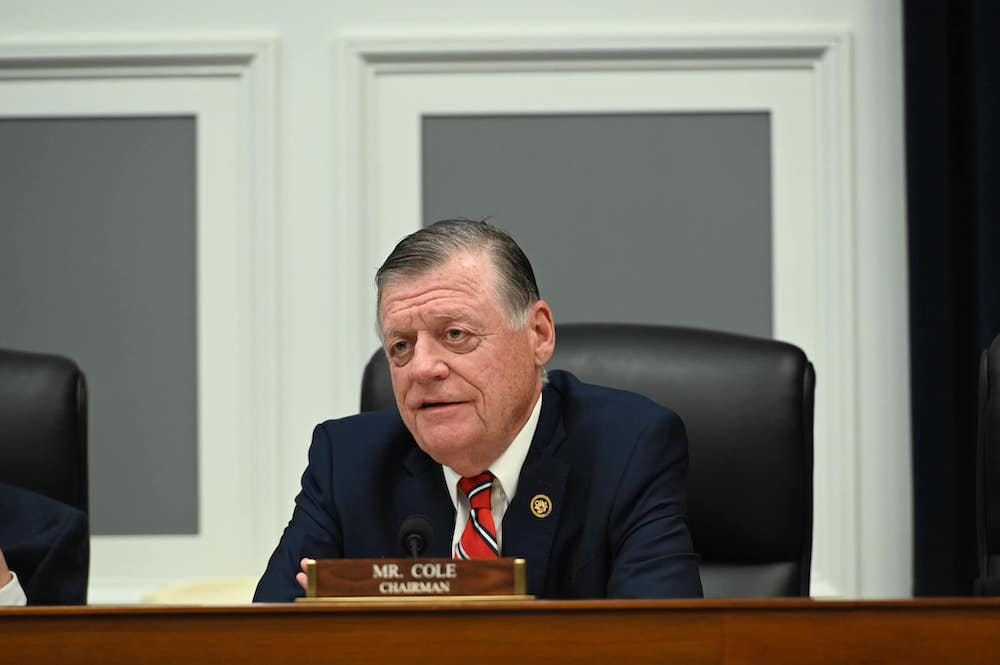
BY BRIAN EDWARDS, Tribal Business News
It’s still early in the process, but in his first go-round as chairman of the House Appropriations Committee, Tom Cole (R-Okla.) seems to be delivering on his promise to prioritize Indian Country.
Cole, an enrolled member of the Chickasaw Nation of Oklahoma and longtime member of the appropriations committee, was appointed to the influential top seat in April. He is the first Native American to hold the job. He’s known as a moderate Republican who sometimes reaches across the aisle, especially when it involves needed funding for tribes and their citizens.
Cole also serves as co-chair of the bipartisan Native American Caucus with Rep. Sharice Davids (D-Kan.), a member of the Ho-Chunk Nation in northern Wisconsin.
As chairman of the appropriations committee, Cole wields significant power over federal spending, setting budget priorities, and influencing major legislation. When he was appointed to replace Kay Granger (R-Texas) in April, Cole mused in a blog post about the job, including his role as an advocate for and educator on Native American issues.
“It is important that my fellow members of Congress are informed about the very unique issues concerning Native Americans, the sovereign rights of tribes, and their relationship with the federal government,” he wrote.
Based on markups and reports by appropriations subcommittees last week, it appears that Cole’s efforts are rubbing off on legislators. Don’t get me wrong, there is plenty of cost-cutting going on — “slashing” seems a popular word in hearings and press releases — but House subcommittees actually proposed boosting budgets for several key federal agencies that serve Indian Country.
Under the proposed budget act for the Interior, Environment, and Related Agencies, the Bureau of Indian Affairs (BIA) would see a 14.5% increase to $2.8 billion in funding, including $746 million for public safety and justice programs. The Bureau of Indian Education (BIE) would receive $1.47 billion, a 7.5% increase over last fiscal year. The BIE funding includes $271 million for education construction. Both the BIA and BIE are part of the Department of the Interior.
The bill also provides for historic funding increases for health care in Indian Country, including a 23% increase — about $1.6 billion — to the Indian Health Services (IHS) budget. The proposal includes $5.3 billion for services, $851 million for facilities, and about $2.5 billion for contract support costs and 105-L lease payments from the Department of Interior. In total, the bill proposed $8.6 billion for IHS in fiscal 2025, along with $5.98 billion in advance appropriations for fiscal 2026.
There’s also increased funding for the Indian Housing Block Grant, which would grow 9% to $1.22 billion under the House Transportation, Housing and Urban Development Appropriations Subcommittee’s proposed budget. Despite overall budget cuts to HUD programs, Native American program funding was largely protected, thanks to Cole, according to the National American Indian Housing Council.
At NAIHC’s annual convention, the group’s Chairman Bobby Yandell thanked Cole for his leadership to secure more funding, but reminded tribal leaders that their advocacy needs to remain strong through December while the budget is being negotiated. “This is a positive step in the right direction, but it’s not the end of the road,” he said.
It’s not all sunshine and rainbows. While the BIA and BIE are slated for increases, Deb Haaland (Laguna Pueblo) and the Office of the Secretary of the Department of the Interior would see a 23% budget cut, which is about $34 million. The proposed legislation also doesn’t address the need to shift IHS contract support costs and lease payments to mandatory funding status following the recent Supreme Court ruling that added costs to the IHS budget. And proposed cuts to the Treasury’s CDFI Fund will no doubt trickle down to Native CDFIs, which are a crucial source of loan capital for Native Americans trying to start a small business, buy a house, or get a car loan.
Even with a few setbacks, Cole's dedication to making sure tribes receive necessary resources so they can expand self-governance seems unwavering.
In the blog post back in April about becoming chairman, Cole said: “I have long been, and always will be, an advocate for expanding self-governance wherever possible and ensuring tribes receive the resources they need to take care of their communities because, at the end of the day, tribes are the best at taking care of their people.”
Holiday events to attend!
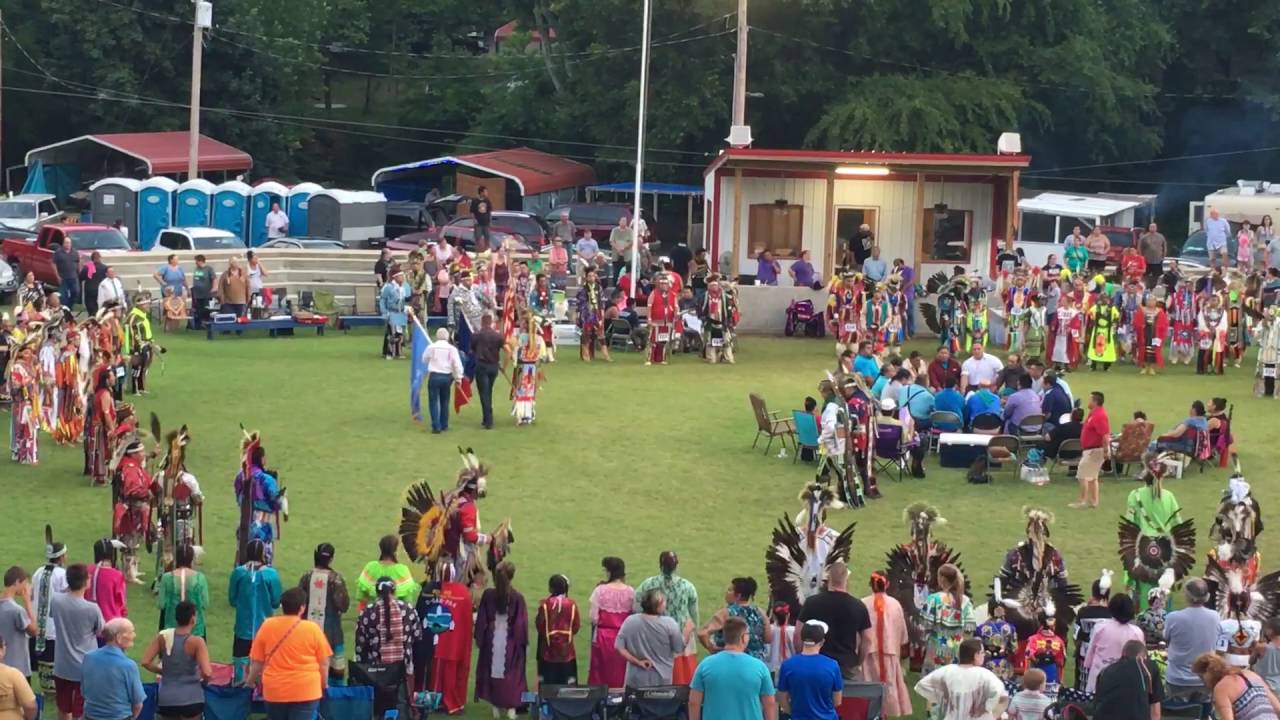
152nd Annual Quapaw Pow-wow
July 4th-7th, 2024
Beaver Springs Park, Quapaw, OK
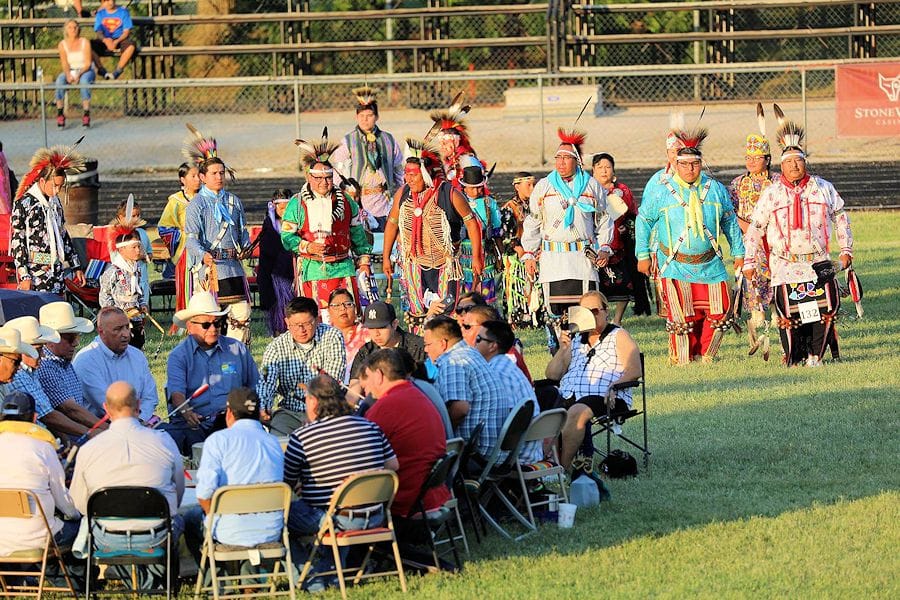
79th Annual Pawnee Indian Veterans Homecoming Pow-wow
July 4th – July 7th, 2024
Memorial Stadium, Pawnee, OK
Thunderbird Casino Anniversary Celebration
July 5th-6th, 2024
Little Axe, OK
Thunderbird Casino
Live Music x 2 nights (artist announcement coming), watermelon feeds, free inflatables, stomp dance, pow-wow, fireworks! Fireworks! Fireworks!
More information, contact: Lisa Frazier 405-360-9270
Kiowa Gourd Clan Celebration
July 2nd - 4th, 2024
Carnegie City Park, Carnegie, OK
